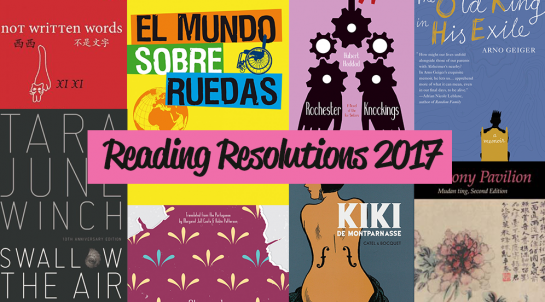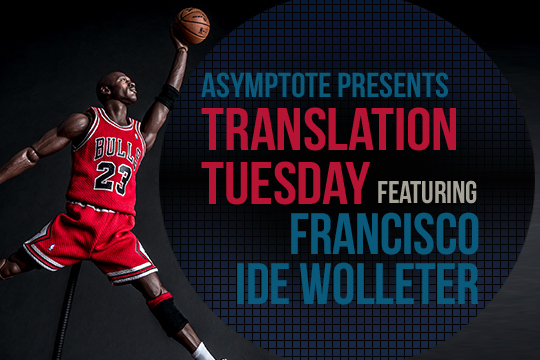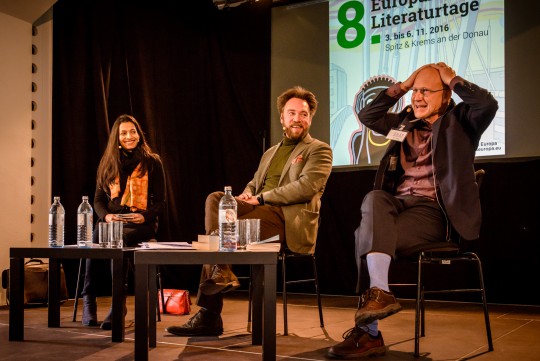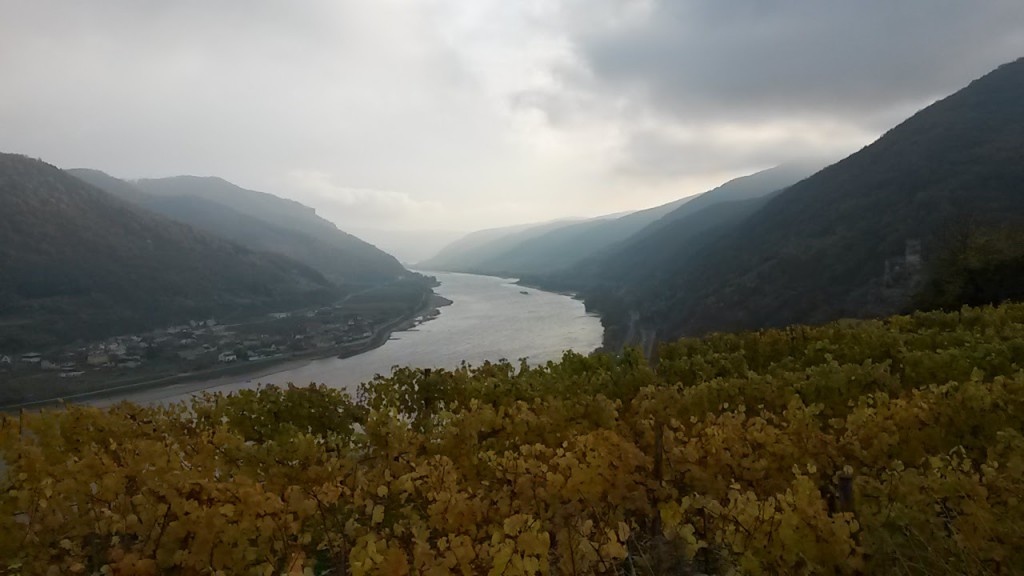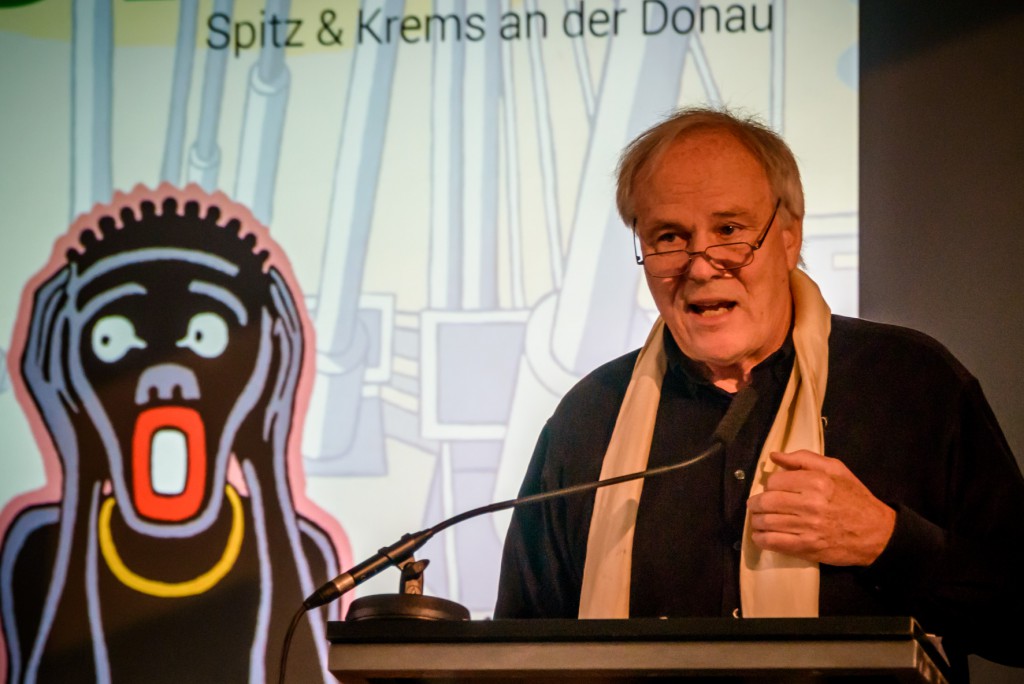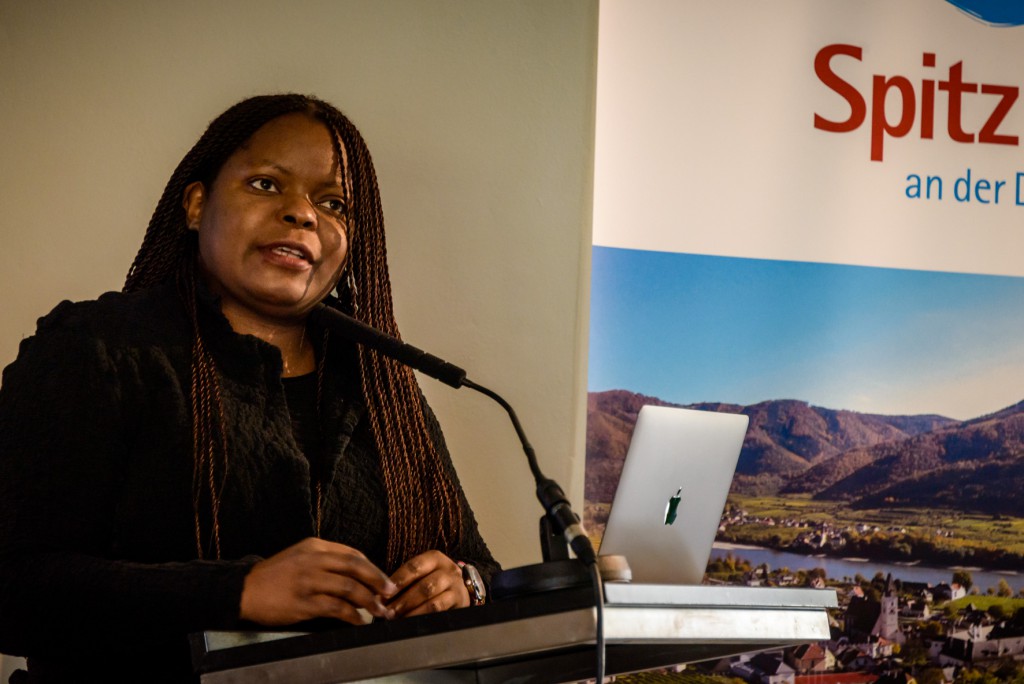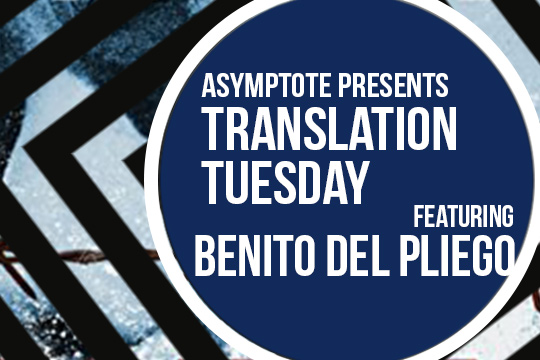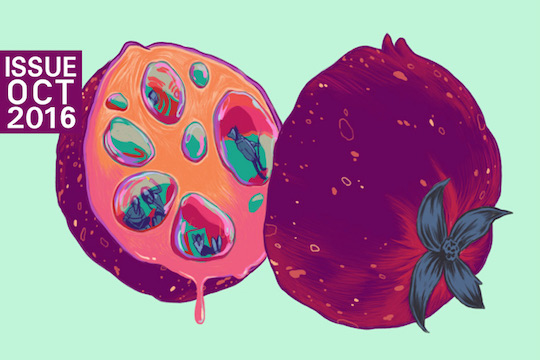Isaí Moreno was born in Mexico City in 1967. He’s the author of the novels Pisot (winner of the Premio Juan Rulfo a Primera Novela in 1999) and Adicción (2004), both of which he wrote while earning his doctorate in mathematics at the Universidad Autónoma Metropolitana in Mexico City. His third novel, El suicidio de una mariposa (2012), was a finalist for the 2008 Premio Rejadorada de Novela Breve in Valladolid, Spain. He leads novel-writing workshops and works as a professor and researcher in the creative writing faculty of the Universidad Autónoma de la Ciudad de México. He has worked with literary journals, supplements, and blogs including Nexos, Letras Libres, La Tempestad, Lado B, and Nagari Magazine. His short stories have been published in anthologies including Así se acaba el mundo (Ediciones SM, 2012), Tierras insólitas (Almadía, 2013), and Sólo cuento (UNAM, 2015). In 2010, he earned a degree in Hispanic Language and Literatures at the Universidad Nacional Autónoma de México (UNAM) with the thesis “Hacia una estética de la destrucción en la literatura.” In 2012, he joined Mexico’s Sistema Nacional de Creadores de Arte. You can follow him on Twitter @isaimoreno.
Asymptote’s Spanish Social Media Manager Arthur Dixon has been translating Moreno’s short fiction for over a year. He interviewed the author via email, touching on themes of geography, technology, and the aesthetics of destruction through the lens of his literature.
Arthur Dixon (AD): You wrote your novels Pisot and Adicción while you were earning your doctorate in mathematics, and it’s easy to perceive the influence of your mathematical knowledge in Pisot. To what extent has your study of mathematics influenced your literary work? Do mathematicians tend to make good writers?
Isaí Moreno (IM): Mathematics gave me discipline, and at the time when I was studying and practicing in the field, it spurred my obsessive search for beauty. In the world of mathematics, language is what matters most. It’s impossible to practice serious, ambitious mathematics without obsession and a sense of aesthetic perfectionism. The same thing happens in literature, especially in the case of the novel. The French naturalist the Comte de Buffon said that in order to write well, the first step is to think clearly: in my case, mathematical discipline was useful to help me think with greater clarity, not only in the symbolic sense but also in the sense of language. I retired from formally practicing mathematics more than five years ago, after dedicating myself to the field for almost sixteen years. When I was a student, I was so afraid of tests until I realized that it was simply a matter of facing my fears. In the end, this was my inheritance from mathematics: they forged my character, and character is what you need to write novels.
From my perspective, the most exemplary case of a writer who also practiced mathematics is the Nobel-prize winner J.M. Coetzee, a trained mathematician who worked for IBM. When you read his work—even though his subject matter is not mathematical—you can immediately distinguish his capacity for ordered, rigorous, and implacable thought.
AD: You were born in Mexico City, and you continue to live in the former DF.[1] Would you say that the character of Mexico City has influenced your work? Do you always write in a specific place? And do you think your geographical location has an impact on your writing process, or on the finished product?
IM: Tangentially, yes. I was born in Mexico City, and after I moved with my parents to the state of Puebla, I always nursed a desire to go back. When I returned almost twenty years later, I saw the city as a foreigner—without exaggerating—and I didn’t recognize it: the city itself rejected me, as if warning me that once you leave you’ll never be welcomed back. So I have two ways of looking at the Distrito Federal: with the eyes of a child and with the eyes of an outsider. If you look at it the right way, that’s a literary issue par excellence. At some point I’ll have to explore the subject.
I’ve written the majority of my creative work in Mexico City, after reinstalling myself here. I don’t remember if it was Eliot or Pound, his teacher, who exalted the need to be in a place where you’re foreign in order to create. My false foreignness in the DF (or the CDMX, now) puts me in a favorable space for creativity.
For some reason, when I go through moments of writer’s block or I want to finish a novel, I leave Mexico City and go to the smaller cities in the outskirts. It’s essential to breathe different air every now and then.
AD: I know you’ve been hard at work on a new novel recently, but you’re also a prolific writer of short stories with work published in various anthologies. Which do you prefer: the process of writing a novel or the process of writing a short story? Do you think the two experiences can be compared?
IM: If I had to choose between the two, I’d stick with the all-consuming, oppressive process of writing a novel. I love to write short stories in the lapses between writing a novel, not only because telling stories is a reward in itself, but also because as I work on them I feel that I’m betraying the novel a little, only to return to it with greater devotion. It’s like running away from home and making it a few miles away only to come back homesick. I don’t trust in absolute fidelity to anything, at least in artistic terms.
The experiences of writing one genre or another are radically different. Short stories and novels have incompatible genetic codes. Because of that difference, sometimes you have to escape from the novel to taste a different flavor.
READ MORE…


